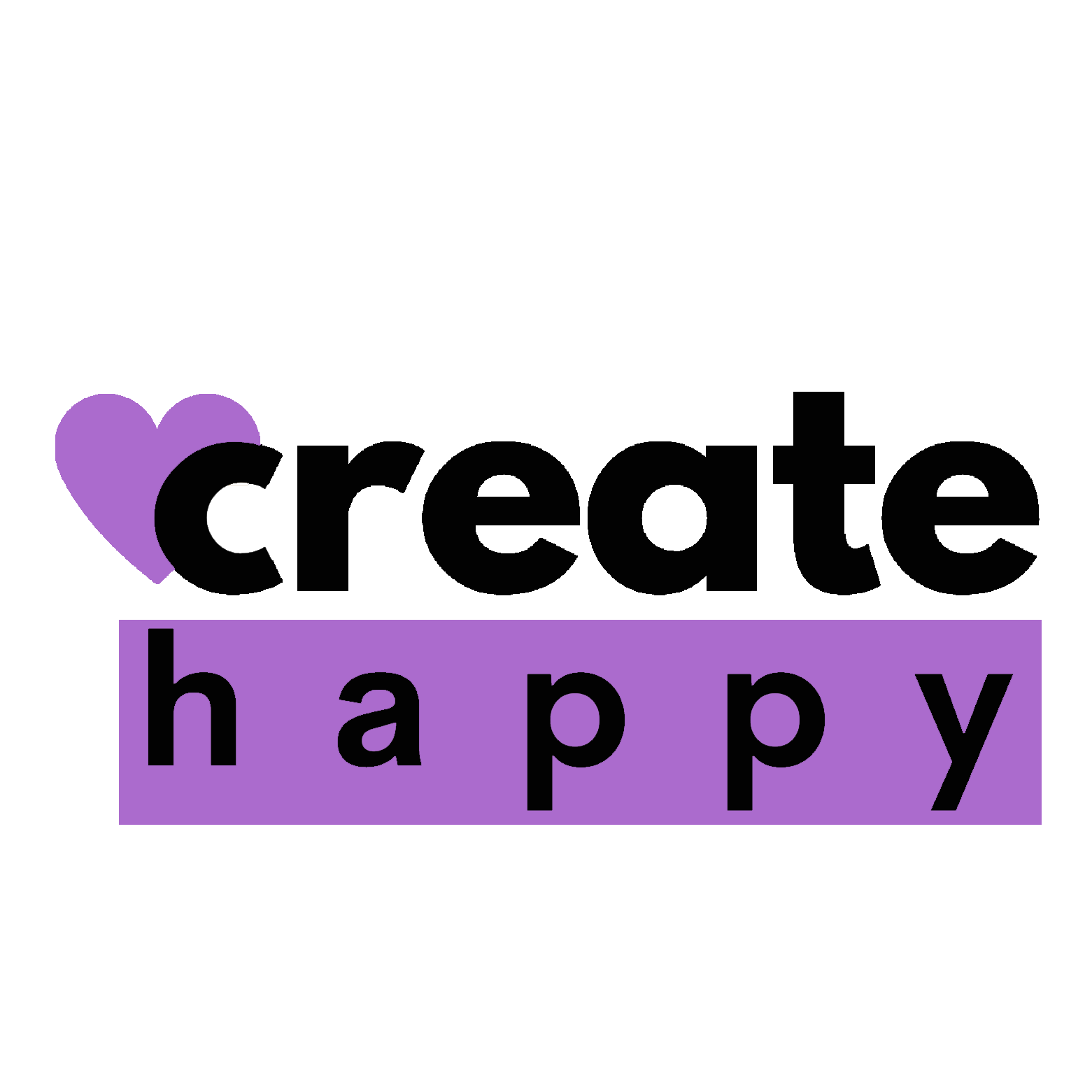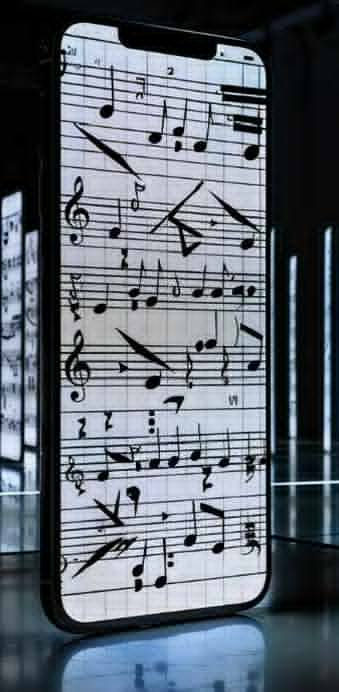
What UMG's recent actions tell us about ownership and creativity in online spaces.
It's always been a part of being human to share art, communicate our feelings, and want to be seen and understood more deeply. But it's never been as competitive, money-driven, or powerless as it is now.
We see this especially with musicians. They build platforms to share their art and cultivate communities that enjoy and understand it. It must be hugely gratifying to see your creations so widely appreciated, accepted, and loved by audiences. But in our society, the private ownership of music and media means that artists don't often own or control their works. UMG's removal of its artists' songs from TikTok showcases how detrimental the de-individualized ownership of art can be to artists and their audiences.
Late in January this year, Universal Music Group (UMG) published an open letter, claiming that TikTok is "trying to build a music-based business, without paying fair value for the music," (UMG's Open Letter) and as a result, UMG would be removing their entire catalogue of music - including huge hits from artists like Taylor Swift, Drake, and Bad Bunny - from the platform, to "help our artists and songwriters attain their greatest creative and commercial potential."
This news came with a mixed reception, with artists like Noah Kahan, who have built huge platforms on TikTok, taking to the platform to express their concerns.
"I won't be able to promote my music on TikTok anymore, but luckily I'm not a TikTok artist… right?" He jokes, but it's clear to see how distressing this is to artists like him.
"It'll probably be okay, right? I'll land on my feet, right?... Right?" (Noah Kahan via TikTok.)
Bigger artists who have experienced success outside of TikTok are similarly upset. Jack Antonoff, who has produced music for huge artists like Lorde and Taylor Swift as well as releasing his music as part of the band Bleachers, commented on the situation at the Grammys.
"You got a whole industry being like, 'You've got to do everything; you've got to do everything, and here's where you've got to do it,' and then one day it's like, 'Poof!" (The Hollywood Reporter.)
While UMG claims that its actions are in the best interests of its artists, many disagree, with TikTok itself publishing a statement shaming UMG for "[putting] their own greed above the interests of their artists and songwriters." (TikTok response to UMG.)

The cultural drive and reach of platforms like TikTok for building audiences and fanbases is incredible - even if artists are being paid "a fraction of the rate that similarly situated major social platforms pay." (UMG's open letter) The major cultural influence of the app cannot be ignored. Even the US Congress recognises the power of TikTok to influence huge audiences, recently considering a bill that would hugely change how TikTok is allowed to exist in the US for both audiences and creators. (The Guardian.) Business Insider calls the app 'essential' for musicians looking to get discovered - as an app driven by music, it has the power to send artists and songs 'viral' in seconds, skyrocketing undiscovered or forgotten artists to fame. It also cultivates audiences and fanbases who are actively creating and recreating songs that already exist, through posting covers, fan-made music or lyric videos, dance videos, and so much more - it's our society's biggest way of building and connecting an artist to a community, which is critical to artists trying to share their art, as well as forming a market audience to which they can promote merchandise, tours, and new music.
After UMG's catalogue was removed from TikTok, many small, independent artists took to the platform to try and carve out a slice of the silenced platform.
"Uh oh. UMG took all their artists' music off TikTok. Guess you'll have to use this indie label signed 17-year olds sound," posted Frankie Venter, an upcoming Aotearoa based musician who uses the platform to promote her music. And while smaller, independently signed (or unsigned) artists having more space on TikTok is fantastic - not all artists signed to UMG have a huge audience or online presence
A Vulture article focuses on independent artist Grace Gardner, who creates and pays for the production of all their music, and felt that there was "no road map forward" after UMG removed their entire discography shortly before the release of their EP. This artist wasn't even aware that they were a part of UMG - but through their contract with Imperial for distribution purposes, Gardner was connected with the label. Grace Gardner's struggle to find an audience and gain the exposure needed to pay back the costs of producing and creating their EP Recovery Mile after being effectively de-platformed by UMG highlights the huge struggle faced by artists trying to share their art. They are faced by corporate ownership and contractual obstacles at every turn - no platform means no audience, and no audience means no money, effectively devaluing the creativity of the artist.

Grace Gardener isn't the only smaller artist affected by UMG's sudden catalogue removal; so many have suffered because they were signed to a label that was ~kind of~ associated with UMG, or wrote a song with a songwriter who was signed to the label. This Vulture article again provides insight into the situation, citing Jay Cohen, the CEO of the label PREACH, who articulates that having a platform on TikTok is "not nearly as consequential to the success" of bigger artists signed to UMG "as it is for an upcoming artist who's just trying to get…in front of as many people as they possibly can."
The hypocrisy in UMG's 'artist driven' policy and actions are not lost, either, on bigger artists -- Jack Antonoff said that the decision was "a** backwards," going to show that it's obvious to everyone: UMG is just trying to line their own pockets.
They do not care about getting their smaller artists exposure, or making sure everyone has a platform to share their art from, to be seen, heard, and understood from - they care about monetising their big artists even more. Again and again in articles and commentaries online, the keyword used to describe UMG's motivations is 'greed.'
It's no secret that we live in a consumerist, capitalist society. But when our humanity - our artistry, our connection, our sense of being - is challenged by notions of ownership, power, and control in the media, it's important to focus on the core values which inspire artistry like music in the first place. Creating music is free. Listening to music - that which is inherent within the world, that which is readily accessible - is free. Sharing music is free too; finding physical communities (a music class at school, a local band, a town orchestra) who create, share, and connect through music is crucial to retaining our autonomy over our sense of artistry and creation. Finding a harmony and balance within your own life between digital artistry and connection and physical artistry and connection will free you from the systems which captivate so many people - systems which have taken the joy out of creation for so many small artists, systems which place monetary and cultural value on every creation that is made.
Sharing art allows so many people from different walks of life who think in totally different ways to come together and celebrate something beautiful, powerful, or even ugly. We revel in the spectacle of creation. We learn, we feel, and we grow, together.
Let your artistry be separate from online worlds and greedy corporations. Allow yourself the freedom of creation and connection.
When you are creating art, you hold the power.
Keep it.

